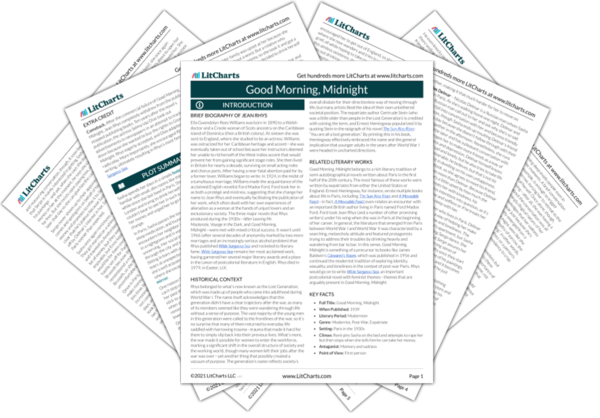Although the novel explores the powerful and overwhelming nature of sadness, it also subtly implies that there’s a strange absurdity to human misery. Like Sasha herself, Lise is deeply depressed, but they’re both capable of laughing at their own sorrow when Enno jokes about how gloomy they’re acting. There is, then, a sense of catharsis in this scene, as Sasha cuts loose, finds some enjoyment in her own sadness, and connects with her friend Lise over their shared unhappiness.
